As Mr Harris says, you can use WinDivert to do what you want. E.g. to just do the TCP handshake, you can write something like the following:
// TCP handshake using WinDivert:
HANDLE handle = DivertOpen("inbound && tcp.SrcPort == 80 && tcp.Syn && tcp.Ack", 0, 0, 0);
DivertSend(handle, synPacket, sizeof(synPacket), dstAddr, NULL);
...
DivertRecv(handle, synAckPacket, sizeof(synAckPacket), &srcAddr, &length);
...
DivertSend(handle, ackPacket, sizeof(ackPacket), dstAddr, NULL);
...
The DivertRecv() function redirects the server response into user space before it is handled by the Windows TCP/IP stack. So no pesky TCP RST will be generated. DivertSend() injects packets.
This is the main differences between WinDivert and WinPCAP. The latter is merely a packet sniffer, whereas the former can intercept/filter/block traffic.
WinDivert is written in C so you'd need to write your own .NET wrapper.
(usual disclosure: WinDivert is my project).


